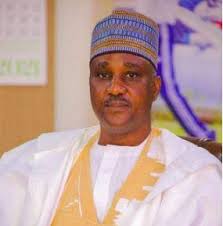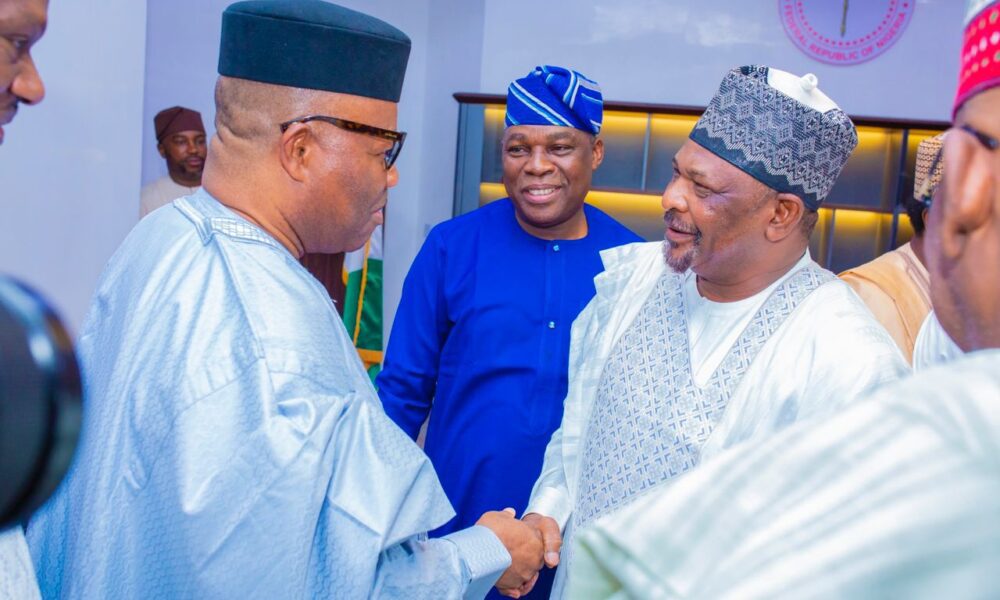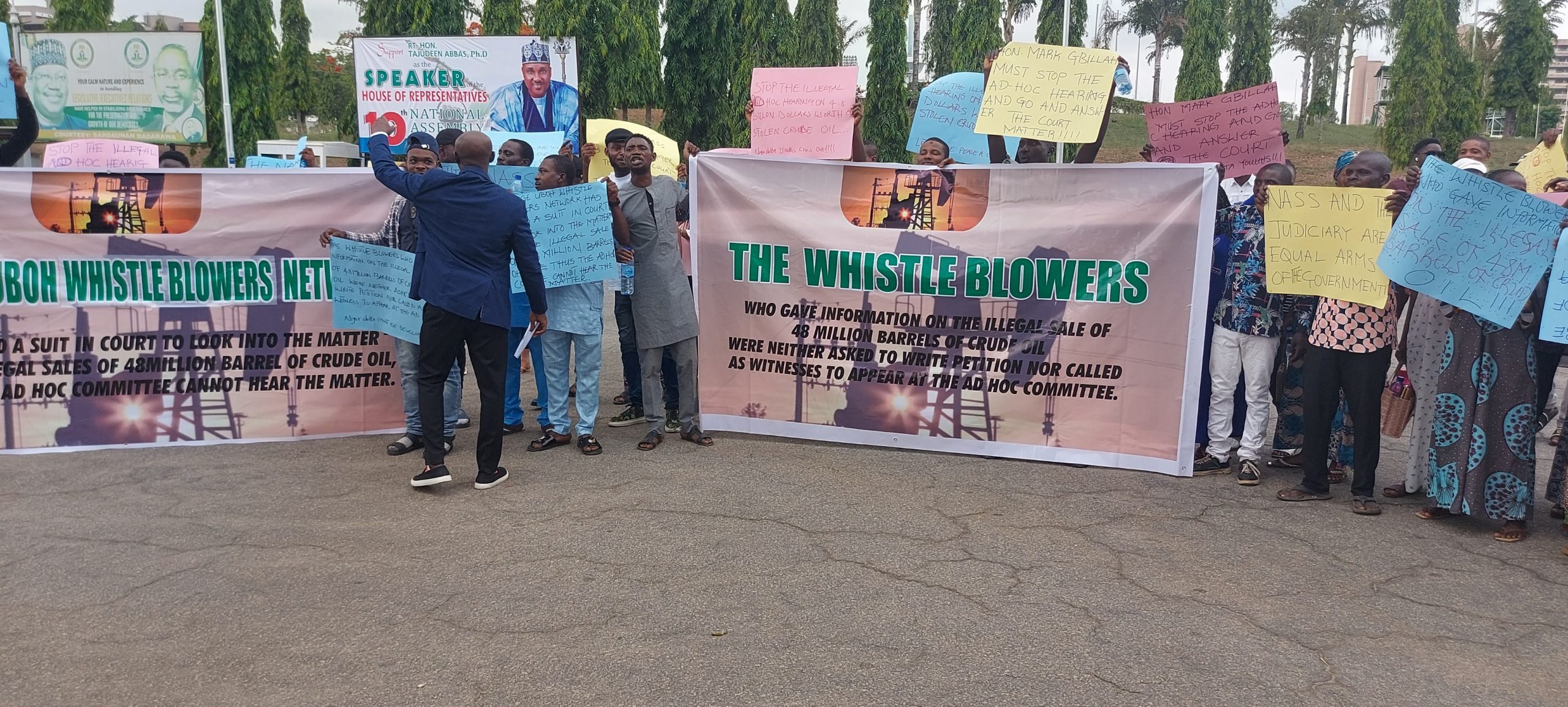A survey conducted by Legislative Trends Assessors, a parliamentary research-based organisation has tipped
Chairman of the House committee on land transport, Hon. Tajudeen Abass as having the highest chance of becoming the speaker of the 10th House of Representatives.
In the Report released by the organisation and signed by the Director, Communication, Research and Strategy, Dr. Abubakar Tijani, in Abuja at the weekend, the poll conducted among members-elect gave Abass a clear lead.
He said that 292 members-elect were interviewed out of which 188 voted in favour of Abass while 10 other candidates shared the remaining 104 votes.

He said Abbas scored 64.3per cent of the votes received from the 292 respondents adding that six respondents were undecided as to the choice of candidate.
According to him, “the Legislative Trends Assessors is a strategic research based organisation with a bias for parliamentary activities.
“We have been operating since 2007 and our polls have been very reliable.
“In this research, which was carried out between March 25 and April 25, 2023, we were able to reach out to 292 members-elect for the 10th House of Representatives and all of them volunteered information.
“At the end of the survey, 188 members-elect voted for Hon. Tajudeen Abass, representing Zaria federal constituency of Kaduna state while Hon. Yusuf Adamu Gadgi representing Pankshin/Kanam/Kanke federal constituency of Plateau state came second with 40 votes representing 13.6 percent and Hon. Muktar Betara representing Biu/Bayo/Shani and Kwaya Kusar federal constituency of Borno state scored 26 votes representing 8.9 percent”.
The Report further indicated that “Deputy Speaker Ahmed Idris Wase representing Wase Federal constituency of Plateau state came fourth with 24 votes representing 8.2 percent, while House leader, Hon. Alhassan Ado Doguwa representing Tudun Wada/Doguwa Federal constituency of Kano state came fifth with 8 votes representing 2.7 percent.
“Similarly, Hon. Aminu Sani Jaji representing Kaura Namoda/Birnin Magaji Federal constituency of Zamfara state received 6 votes representing 2.05 percent”
According to the report, the following contenders received zero votes. They include Hon. Abubakar Makki Yalleman(Jigawa), Hon. Benjamin Kalu (Abia), Hon. Miriam Onuoha (Imo), Hon. Abdulraheem Olawuyi (Kwara), Hon. Sada Soli (Katsina)
Giving details of the method adopted by the pollster, Dr. Tijani reported that “We carried out the research on eleven candidates who have either declared or signified their intention to contest for the position of speaker in the next assembly.
“We asked a total of 12 questions revolving around zoning, competence, character and popularity and at the end of the survey, after analyzing the data collected, Hon. Tajudeen Abass emerged as the preferred candidate.
“Majority of the respondents, who are members-elect voted in favour of zoning, character and competence. Many of them preferred the North West to produce the speaker while some voted in favour of the North Central”.
According to Dr. Tijani, “The second and final opinion poll on the election of speaker and other presiding officers in the National Assembly will be carried out as soon as the president-elect, Asiwaju Bola Tinubu and Vice President-elect Kashim Shettima are sworn in on May 29.
“We want to carry out the second survey because this is a political poll and with politics nothing is static. It is a very dynamic and flexible exercise and things change fast. We believe that when the ruling All Progressives Congress (APC) unveils its zoning formula, they may be some changes because some candidates will withdraw and new alliances will be formed”




